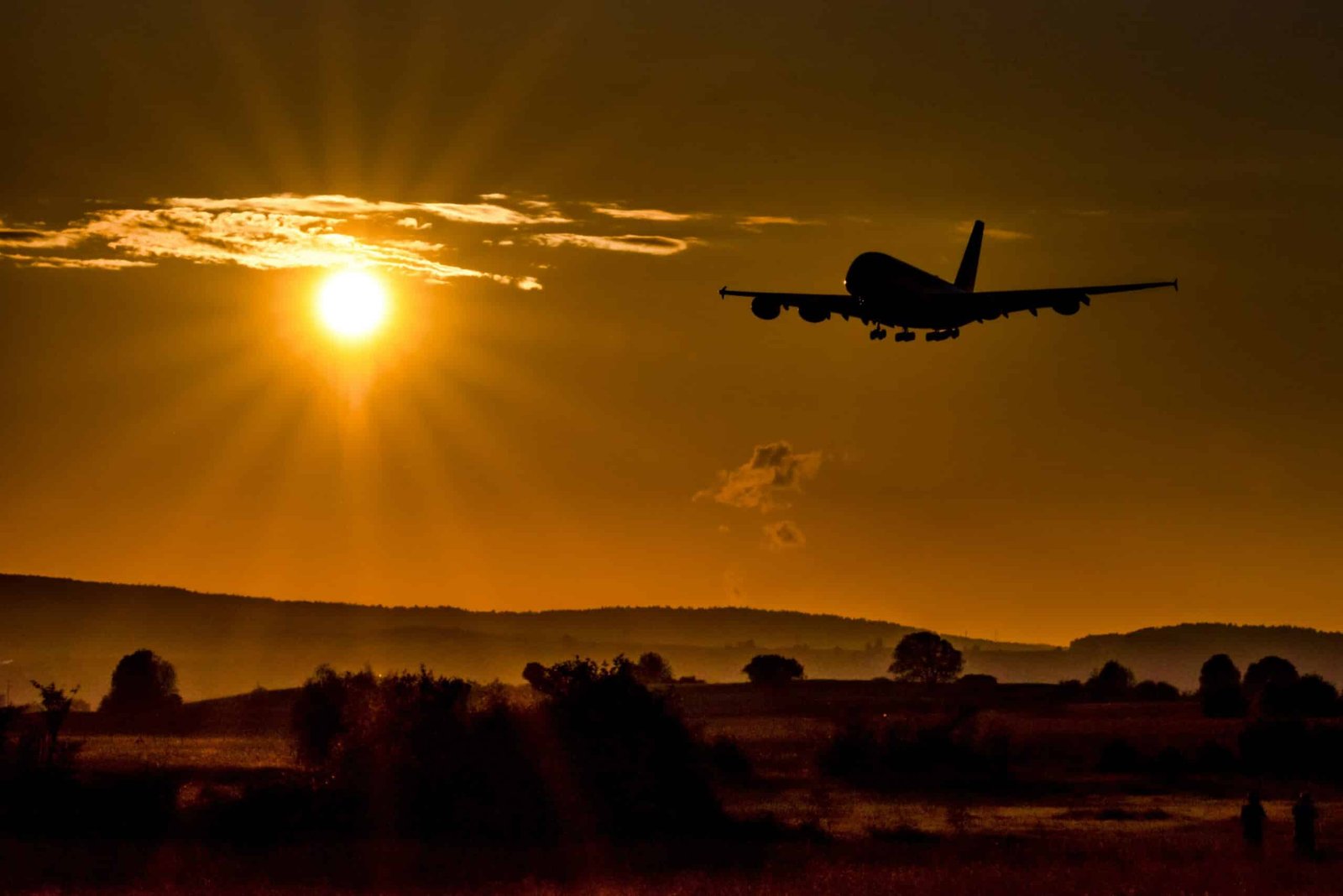Soraya Roberts
The Critic
no. 8, Autumn 2022
There’s no end to capitalism’s ability to erode culture and the self, and no end to Soraya’s ability to hone in on the ways it happens. She’ll be here in every issue, showing us how. For Pipe Wrench no. 8, all our columnists started with one idea: “road trip.”
I don’t know when I first got scared of flying, but it was late. I think I was in my early thirties. Before that, I didn’t think about it. Flying was like taking a train was like taking a car — something to relocate me from one place to another, albeit with a little more disruption, a little more planning, and slightly more luggage. I took 14-hour flights for a week’s holiday without comment.
That’s inconceivable to me now. Because when I say scared, I mean the kind of scared where you absolutely, one hundred percent know you are going to die. That’s what stepping on a plane is for me. It’s stepping into a box that is about to explode. It’s sitting there, in that uncomfortable seat, in that uncomfortable tube, in that uncomfortable air, awaiting detonation. It’s the kind of fear that brings an endless supply of tears, an endless supply of diarrhea, an endless supply of adrenaline. Where you can’t believe you will survive the fear itself — never mind the plane crash.
Because of how much I hate flying, I usually travel by car. Sometimes by train. I have driven from eastern Canada all the way to the west, stopping along the way. I have driven south from Toronto to New Orleans, also stopping along the way. I have driven across Iceland (if I could have driven there from Canada, I would have) after taking half a lorazepam for the five-hour plane trip over the Atlantic so I wouldn’t care if we crashed (I fell asleep instead; I now take half a pill every time I fly, when I have to). When I floated a road trip to the east coast this fall, my friend suggested we fly there and drive back. I was relieved to have an excuse: I had an inner ear infection. If I flew my head would blow up. Sorry.
I didn’t actually need that excuse, because there has always been a bigger one. The biggest one. Everyone knows that besides having children, flying is one of the worst things you can do for the planet. I am not going to win the children argument because people are pretty serious about their children even when their children are terrible, so I won’t try. But flying? Not flying to flee a corrupt country or flying for some horrific family emergency — tourism. People are unembarrassed to continue to fly for fun despite it being a significant thing they can change to prevent further climate decay. “Saving the world is voluntary,” wrote Greta Thunberg. So is traveling for leisure. Only one of those things means the kids we love so much (even I like some of them) will have any sort of future.

Let me do this quickly: Around a quarter of greenhouse gas emissions come from transport. According to the BBC, the most effective way to drop your emissions is to drop your car. Relinquishing your car – which accounts for about a fourth of a person’s yearly emissions – removes 2.5 tons of C02 from the air (the larger the car, the higher the emissions, which is why Andreas Malm’s climate crisis treatise How to Blow Up a Pipeline opens with activists deflating the tires of a streetful of SUVs one by one). Even better, drop the transatlantic roundtrip, which can release 1.6 tons of C02 — almost half your annual car emissions and the entire annual emission of a person in India. How hard can it be? Only six percent of the world flies in a single year.
A friend of mine, the same one who suggested we fly to the east coast, does not have time for this discussion. He says it’s easy for me to be sanctimonious because I have been everywhere. I haven’t, but I know what he means; I’ve flown around the world. It’s easier to drop something when you’ve already had it. It’s easier to go without when you know what you’re missing. There’s a reason so many people loudly foregoing the conveniences of the modern world to fight climate change are (often rich often white) “activists” who have already had the privilege of experiencing them. To do that is more of a sacrifice when your life has already been defined by living without.
(And yet where is the sacrifice, really, when you compare this relatively small population with the billions who are not contributing to climate change at all by virtue of the fact that they are not consuming in the same way? It is perhaps not an active fight — because it doesn’t have to be — but it is equally, if not more, significant.)
In the richest countries in the world, travel is defined by entitlement. In 1899’s The Theory of the Leisure Class, Thorstein Veblen described leisure as the “nonproductive consumption of time.” This takes on new implications in the context of late capitalism. Production has acquired such baggage (so to speak) that not producing, being on vacation, and having free time, are equivalent to a mini-revolution; going on vacation is no longer just taking a holiday, it’s taking a stand against a thankless life of labor. And at the same time, leisure is nothing without consumption. Time off is itself exploited and commercialized — it isn’t considered valuable to take an extended period of rest, for instance, and not to go anywhere (staycations notwithstanding; they usually involve consumption that shellacs luxury onto your environs, like shelling out for a couple of nights at a swanky hotel 50 meters from your actual home). One’s attempt at leisurely revolution, within the confines of late capitalism, comes at the expense of the planet. And how revolutionary is that?

Travel has always been pretty much restricted to the wealthy, who use it to bolster their positions further with the cultural cache of worldliness. With the industrial revolution, that cultural value became more accessible to those who were less moneyed — the new middle class. Businessmen with deeper pockets and ample time expressed their capitalist power not just by producing but by consuming, even when they were off the clock, via leisure travel. But as affordable as travel may have become, it has always been hierarchical. To do it is to buy in. Twelve percent of Americans took 66 percent of all flights in the U.S. in 2019. By comparison, just one percent of Indians took 45 percent of that country’s flights. Which means that in a year in which almost 90 percent of the world didn’t fly, one percent of the people on this planet caused half the world’s aviation emissions.
But like so many contemporary conveniences, leisure is no longer just one more avenue of harmless consumption. The guilt I feel around travel – particularly by plane, but also by car – comes from the fact that the communal cost is so much higher than the individual value. That which has always been the privilege of the prosperous has become the entitlement of so many of us within late capitalism, for whom revolution appears limited to the rejection of labor while continuing to embrace the contours of consumer culture. But real revolution is sacrifice (and not passively over fear for our lives, but actively to save them). It is removing ourselves from the hierarchies our culture has designed to sustain the system which is not so slowly killing us. In so doing, leisure becomes simply the ever-elusive ability to sleep at night.
Soraya Roberts is the author of In My Humble Opinion: My So-Called Life. Along with being a columnist and editor-at-large here at Pipe Wrench, she is a columnist for Defector and is currently working on a book.
Portrait by Libby Greenfield.

More great reading
from Pipe Wrench no. 8
Searching for Zarahemla
Journalist Emily Fox Kaplan recounts an epic Mormon road trip across Mesoamerica. How many ways are there to tell a story? And how do we know what’s true?
Going the Distance
Columnist Sara Benincasa on little road trips that make a big difference. You don’t have to drive a thousand miles to find yourself.
Van Life
When you’re on a road trip, searching for Truth, you need tunes. Michael Ventuolo-Mantovani has your playlist.


